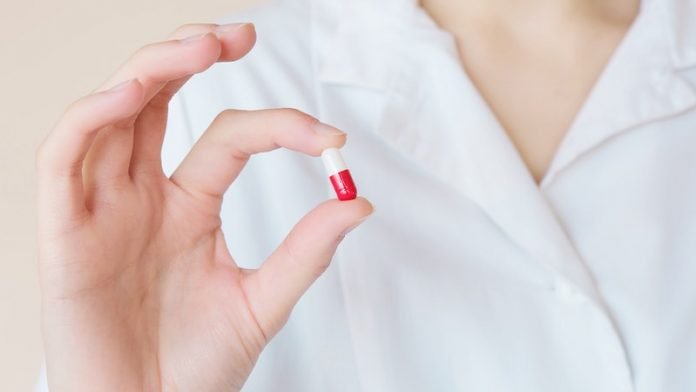
In a recent study, researchers found that hospitalized COVID-19 patients who were taking a daily low-dose aspirin to protect against heart disease had a much lower risk of complications and death.
They found aspirin takers were less likely to be placed in the intensive care unit (ICU) or hooked up to a mechanical ventilator, and they were more likely to survive the infection.
The study provides “cautious optimism” for an inexpensive, accessible medication with a well-known safety profile that could help prevent severe complications.
The research was conducted by a team at the University of Maryland and elsewhere.
In the study, the team checked the medical records of 412 COVID-19 patients, age of 55 on average, who were hospitalized over the past few months due to complications of their infection.
They were treated at the University of Maryland Medical Center in Baltimore and three other hospitals along the East Coast.
About a quarter of the patients were taking a daily low-dose aspirin (usually 81 milligrams) before they were admitted or right after admission to manage their cardiovascular disease.
The researchers found aspirin use was linked to a 44% reduction in the risk of being put on a mechanical ventilator, a 43% decrease in the risk of ICU admission and a 47% decrease in the risk of dying in the hospital.
The patients in the aspirin group did not experience a big increase in adverse events such as major bleeding while hospitalized.
COVID-19 infections increase the risk of dangerous blood clots that can form in the heart, lungs, blood vessels and other organs.
Complications from blood clots can, in rare cases, cause heart attacks, strokes and multiple organ failure as well as death.
Doctors often recommend daily low-dose aspirin for patients who have previously had a heart attack or stroke caused by a blood clot to prevent future blood clots.
Daily use, however, can increase the risk of major bleeding or peptic ulcer disease.
The researchers believe that the blood-thinning effects of aspirin provide benefits for COVID-19 patients by preventing microclot formation.
Patients diagnosed with COVID-19 may want to consider taking a daily aspirin as long as they check with their doctor first.
Those at increased bleeding risk due to chronic kidney disease, for example, or because they regularly use certain medications, like steroids or blood thinners, may not be able to safely take aspirin.
One author of the study is Jonathan Chow, MD, Assistant Professor of Anesthesiology.
The study is published in Anesthesia and Analgesia.
Copyright © 2020 Knowridge Science Report. All rights reserved.



